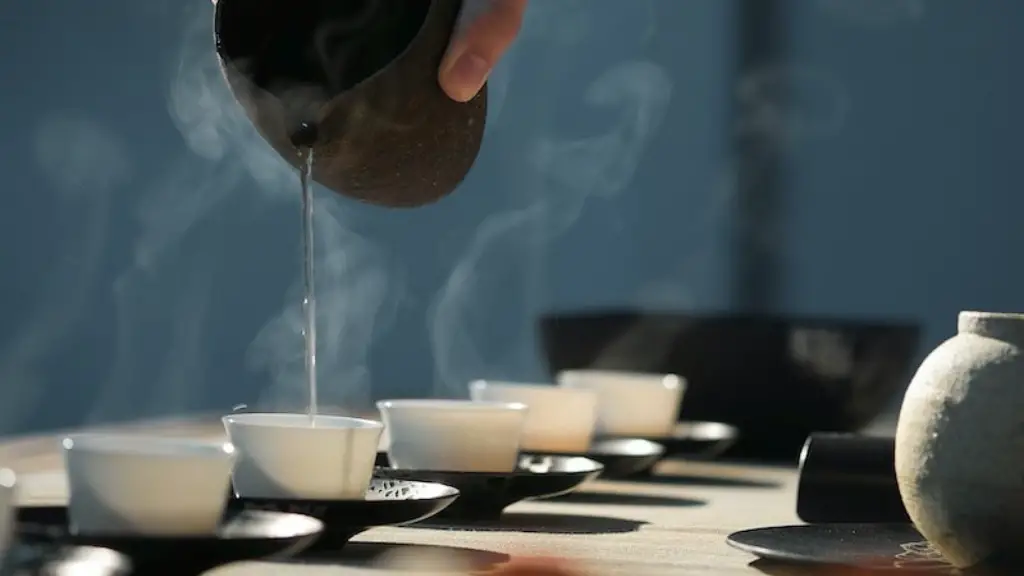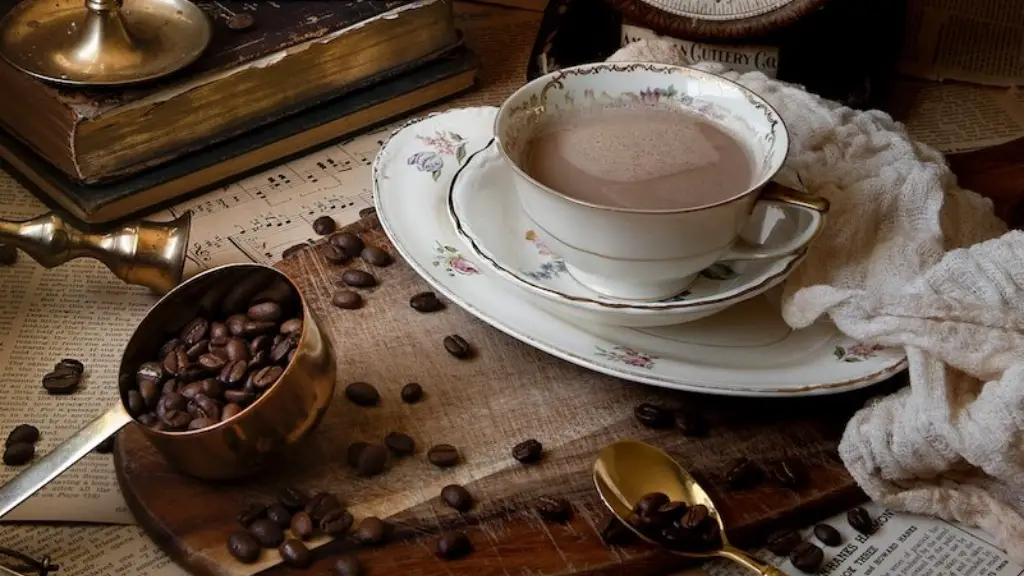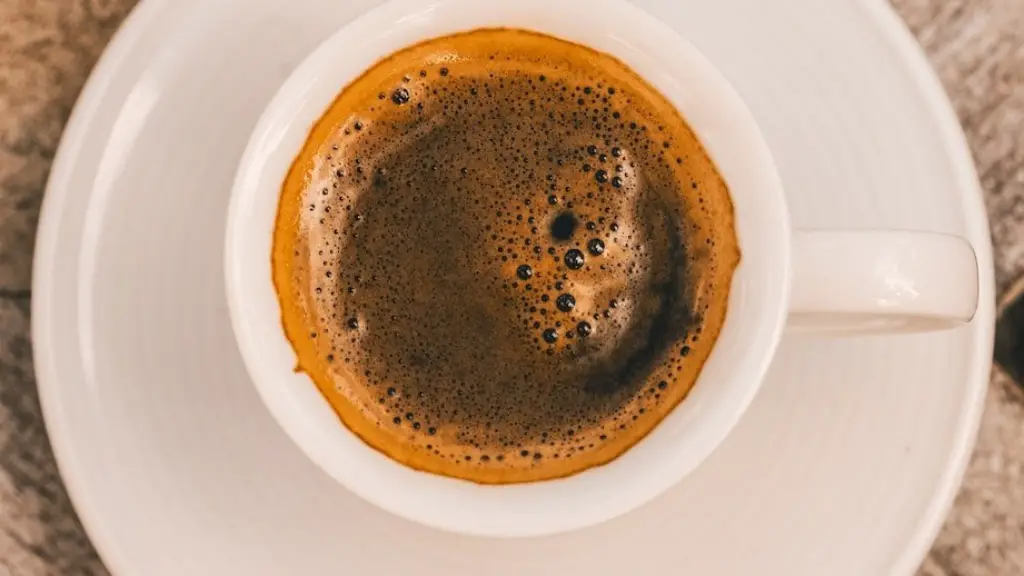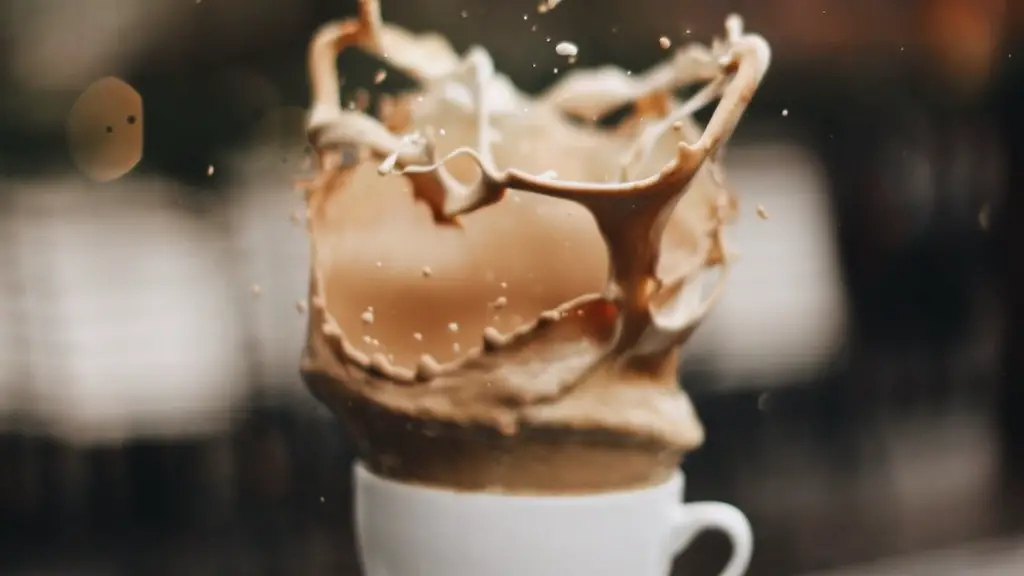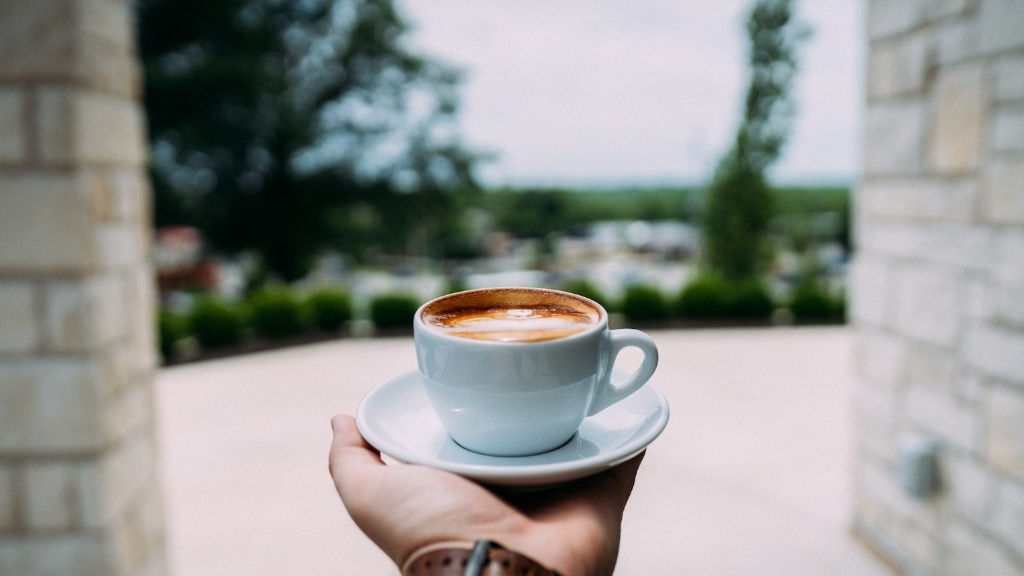Coffee lovers rejoice! You can indeed use espresso beans to make coffee. Espresso beans are coffee beans that have been roasted longer, making them darker and more flavorful. When brewed, they produce a bolder, more intense cup of coffee. So if you’re looking for a pick-me-up or an after-dinner treat, reach for the espresso beans.
Yes, espresso beans can be used to make coffee. However, the coffee will be very strong and have a lot of caffeine.
Can I use espresso coffee beans for regular coffee?
If you only have espresso beans at home, don’t worry! You can still make a delicious cup of drip or pour-over coffee. Espresso beans are just regular coffee beans that are roasted for a longer period of time, making them darker in color. This also results in a more intense flavor. So if you’re looking for a stronger cup of coffee, espresso beans are the way to go.
Most coffee beans are either Robusta or Arabica beans. This holds true for any type of coffee drink you produce—including espresso. The espresso bean is simply a coffee bean that’s roasted more, ground finer, and brewed in an espresso machine or aeropress.
Can I use espresso ground coffee in a regular coffee maker
If you’re looking to make a great cup of coffee, it’s important to use the right type of grind for your coffee maker. For drip coffee makers, you’ll want to use a coarser grind than you would for espresso. Using an espresso grind in a drip coffee maker is likely to clog up the filter and cause an overflow. So, be sure to use the right grind for your coffee maker to get the best results.
Espresso Roast:
Can be brewed as a espresso or filter coffee. The espresso roasts are great for people looking for more body and less acidity in their regular coffee.
How many espresso beans equal a coffee?
A cup of coffee typically contains between 95-100mg of caffeine. An average espresso bean contains about 6mg of caffeine. You can approximate that 16-17 beans would equal a cup.
There is no difference between espresso and coffee beans. When specialty roasters write “espresso blend” or “drip blend,” it’s just the brew method roaster’s believe will make the flavor profile really shine. Coffee is a matter of personal taste and preference—you do you and make coffee the way you love.
Are espresso beans stronger than coffee beans?
Coffee beans have a medium or balanced concentration of bitterness and espresso beans typically have a high concentration of bitterness. This makes espresso taste thicker, stronger and richer.
Espresso has more caffeine than regular coffee, ounce for ounce. This is because espresso typically has 63 mg of caffeine in 1 ounce, while regular coffee has 12 to 16 mg of caffeine in 1 ounce on average. This difference in caffeine content can have a significant impact on your energy levels and how you feel throughout the day.
Can you eat regular espresso beans
Espresso coffee beans can be eaten just like any other coffee bean. However, because they are roasted to a darker roast, they may have a more bitter taste. Espresso beans are also generally ground to a finer grind than other coffee beans, so eating them whole may not be the best idea.
It’s very important to grind your coffee beans to a medium fine grind before adding them to the French press. If you don’t, your coffee will be too weak. Once you’ve ground your beans, add them to the press and then top with hot water. Stir the mixture and then wait four minutes before pressing down on the plunger.
Can you grind espresso beans in a regular coffee grinder?
Coffee grinders come in a variety of shapes and sizes, and can be broadly classified into two categories: blade grinders and burr grinders. Blade grinders are the more traditional kind of coffee grinder, and use a spinning blade to chop up the coffee beans. Burr grinders, on the other hand, use two abrasive surfaces (called burrs) to grind the coffee beans.
When it comes to grinding coffee for an espresso machine, you will need a very fine grind. This is because the espresso machine extracts the coffee by forcing hot water through the grounds at high pressure. If the grounds are too coarse, the water will flow through too quickly and the coffee will be under-extracted. If the grounds are too fine, the water will flow too slowly and the coffee will be over-extracted.
Manual coffee grinders often struggle to achieve a fine enough grind for espresso. This is because they usually have blade grinders, which are not as precise as burr grinders. If you do want to use a manual grinder for espresso, it is best to use one with a conical burr grinder.
In general, blade grinders are better suited for French Presses and pour overs
Espresso is made with a fine grind and pressurized brewing method, resulting in a thicker, more intense drink than regular coffee. The lower grounds to water ratio and finer grind create a more concentrated flavor, while the pressurized brewing extracts more of the coffee’s oils and nutrients.
What is the difference between espresso beans and filter beans
Filter coffee is brewed with a coarser ground and for a longer time at a lower temperature. Espresso is brewed with a very fine ground and for a much shorter period of time at a higher temperature. Additionally, espresso coffees are usually roasted much darker than filter coffees.
Filter coffees tend to create a delicate brew, with a sweet almost clean taste. The acid level is softer making it complex but easy to drink. In contrast, espresso coffee tends to have an exaggerated acidity. The flavours of the coffee bean are brought out in a more subtle way making it bolder in flavour.
Is espresso stronger than filter coffee?
Espresso has more caffeine per shot, but filter coffee has more caffeine overall.
There is no difference between espresso and regular coffee beans – they are simply labelled differently because of the brew method. This means that if you are looking for a specific taste or strength in your coffee, you can use either type of bean.
Conclusion
Espresso beans can be used to make coffee, but the results may not be as good as using coffee beans specifically meant for brewing coffee. Espresso beans are roasted differently than coffee beans, and often have a stronger, more bitter flavor. The coffee made from espresso beans may also be more concentrated and have less caffeine than coffee made from coffee beans.
Yes, you can use espresso beans to make coffee. Espresso beans are a type of coffee bean that is roasted and ground to a very fine powder. This powder is then used to brew espresso, which is a strong, concentrated coffee that is often served in small cups. Espresso beans can also be used to make coffee, although the coffee will be less strong and less concentrated than espresso.
